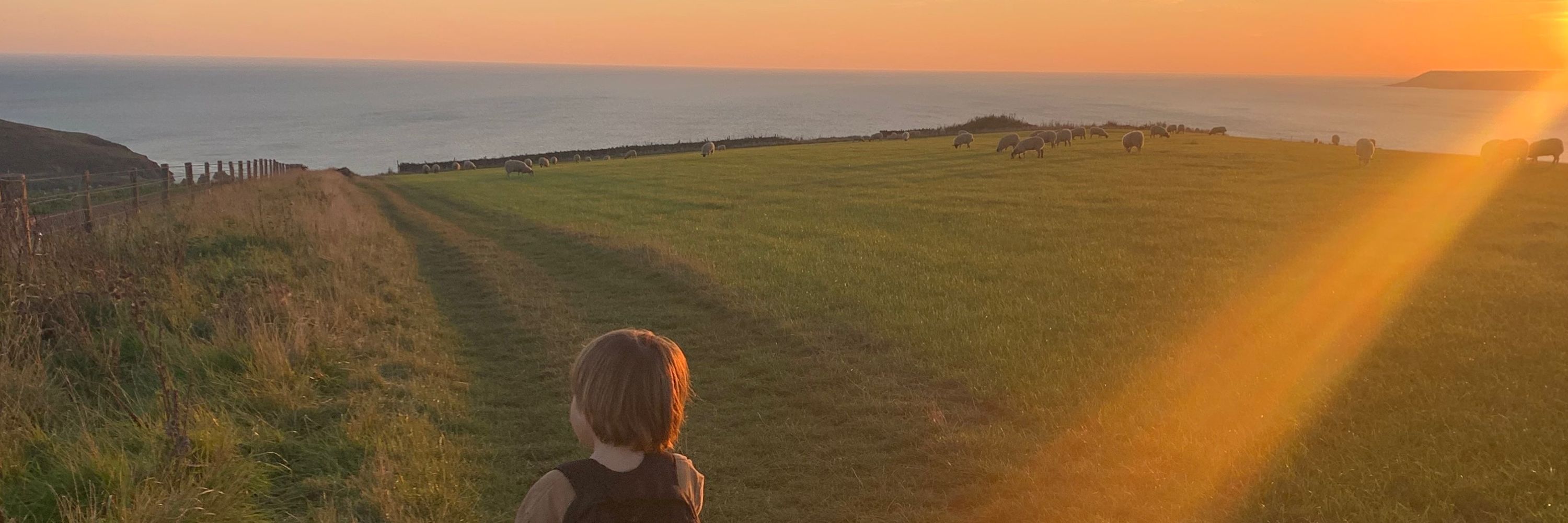Andrew Sissons
@acjsissons.bsky.social
7.4K followers
850 following
5.6K posts
Day job: climate change, heat pumps, energy at Nesta
Other stuff: low-fi economics on growth, cities & economic geography, general UK policy, occasional basic charts
Bristol, he/him, lots of parenting / caring.
Personal account.
Posts
Media
Videos
Starter Packs
Reposted by Andrew Sissons
Reposted by Andrew Sissons
Reposted by Andrew Sissons






